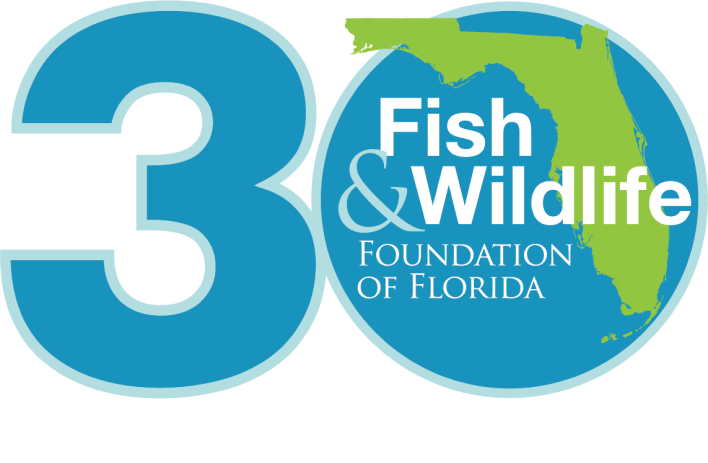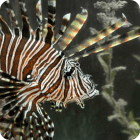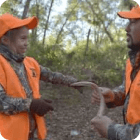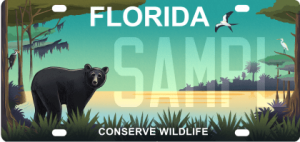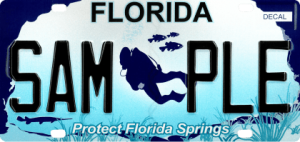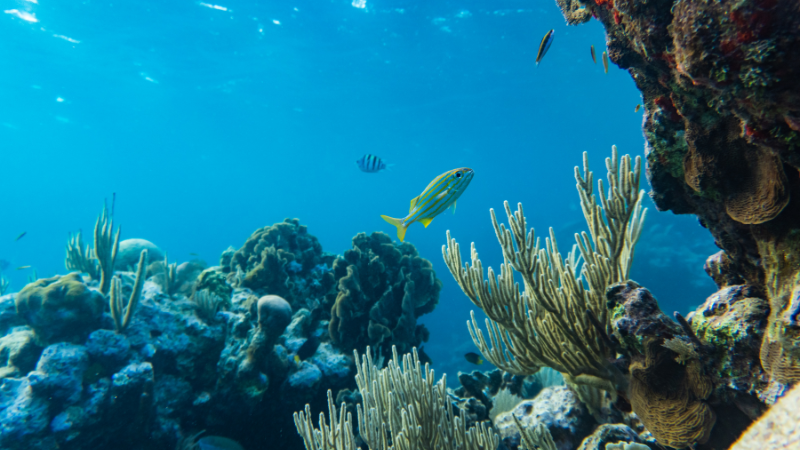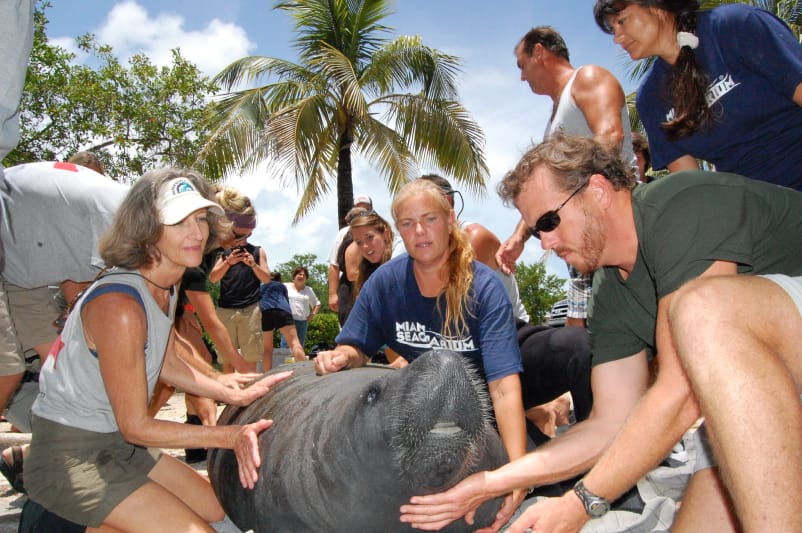
In a move Hemingway himself would laud, the Foundation made its first grant to study and conserve sailfish, marlins, and other large billfish in Florida waters in 2021. Pompano Beach-based, nonprofit Gray FishTag Research has created an international fish-tagging program in which 10,000 charter boat captains and mates participate, the largest such network in the world.
Our grant purchased 3,000 such tags. But the nonprofit is doing more than just reeling in fish and slapping on tags. When the captains engage their boats full of anglers from around the world in the tagging work, they are also raising awareness about marine conservation. And they’re breaking records for numbers of tags placed, fish recaptured, and types of species tracked, including swordfish and striped marlin.
Their amberjack study is the first to use satellite tracking to study the migration and other behaviors of this prized sportfish. Amberjack are fast-moving predators that feed on smaller fish and crustaceans. Although an important sport and food fish, little is known about their movements. Gray FishTag Research used our grant to tag amberjack in cooperation with a number of Florida fishing charter boat captains, who catch and release the fish. Satellites will track some; others will be recaught by fisherman, who will report their location back to Gray FishTag Research prior to re-release.
A trip in late May 2022 with several Foundation staff in the Keys led to the tagging of a perfect 50-inch candidate. The satellite tag was programmed for four months and collected data by three sensors: light (geo-location), water temperature, and depth during the tag’s duration. Once the tag was released, it began transmitting the collected data to the Argos satellite overhead. By filling in key gaps in our scientific knowledge, this research will lead to an improved picture of the amberjack’s migration throughout the Caribbean and Atlantic, providing important information to manage their population sustainably. This information about amberjack can provide valuable insight into the health of our fisheries and oceans.
